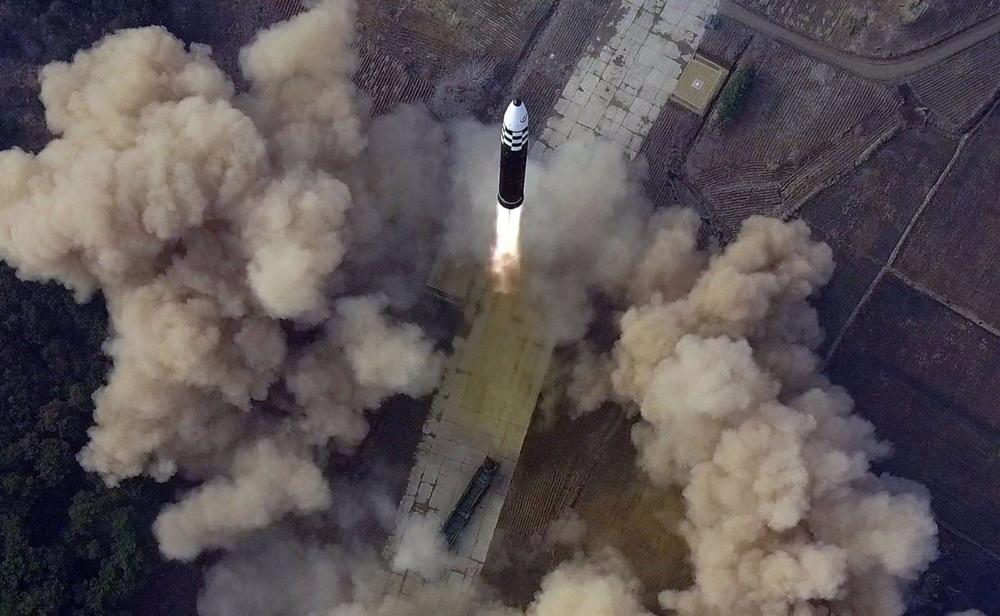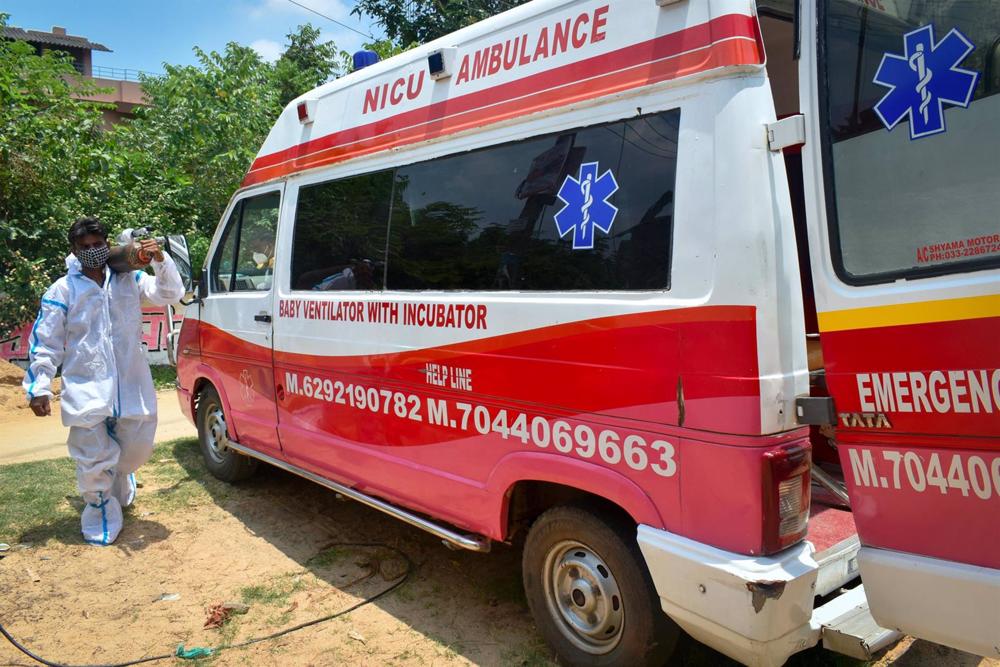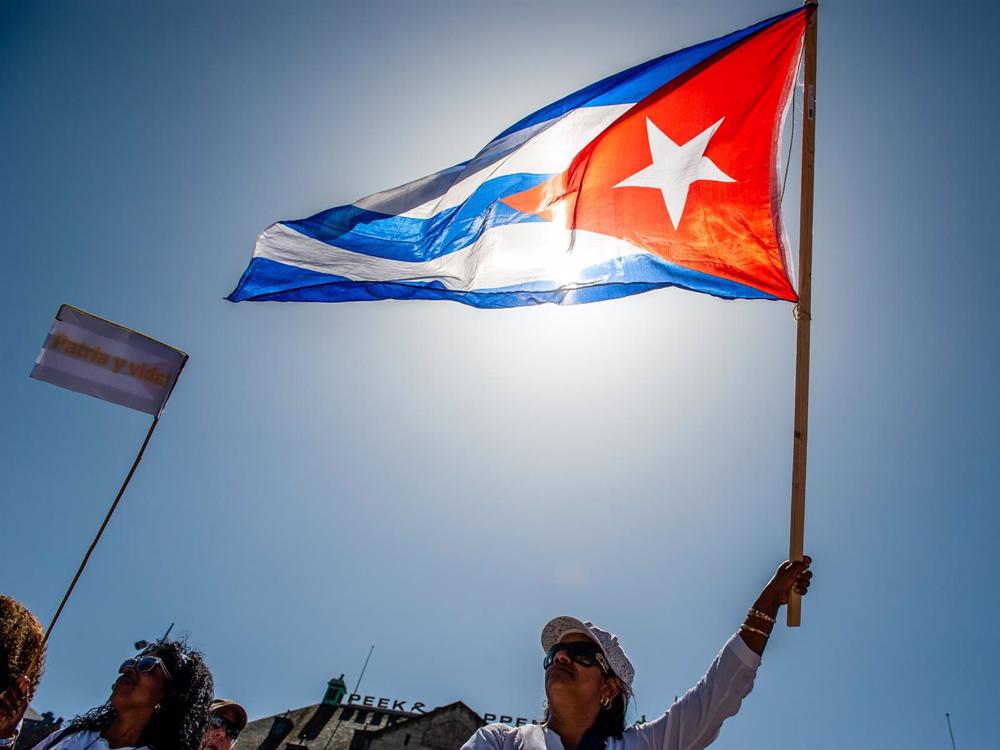
North Korea launched a medium-range ballistic missile and two short-range projectiles into the Sea of Japan early Thursday, triggering air alerts in several northern prefectures on the Japanese island of Honshu, Japanese authorities said.
The Japanese Defense Ministry has revealed that North Korea has launched a medium-range missile around 7.42 local time (23.42 Spanish peninsular time) that has fallen into the Sea of Japan, according to NHK.
At first, the defense ministry announced that the missile had flown over the Japanese archipelago, but later rectified that this had not been the case.
However, following the missile launch, the government sent instant alerts to the citizens of the prefectures of Miyagi, Yamagata and Niigata, all in the north of Honshu, the main island of the Japanese archipelago.
However, two other short-range missiles were detected by the South Korean Joint Chiefs of Staff, which said they were fired at 8.39 a.m. (00.39 a.m. Spanish peninsular time) from the North Korean town of Kaechon, south of Pyongyang.
These launches take place one day after North Korea launched almost twenty missiles into the Sea of Japan, one of which flew over the maritime demarcation line between the two Koreas for the first time since the war between the two countries, setting off anti-aircraft sirens on one of the South Korean islands.
In this context, last October 4, Pyongyang launched a ballistic missile that fell into the Pacific Ocean and flew over Japanese territory, an event that had not happened since 2017 and that activated the alert in Japan.
The offensive by Pyongyang further escalates tensions in the region, after North Korea has in recent weeks launched dozens of ballistic missiles in tests banned by UN Security Council resolutions, in response to the US-North Korean military maneuvers that it considers an invasion rehearsal.
Washington, as well as the International Atomic Energy Agency (IAEA), have shared their evidence that North Korea is «likely» to conduct a nuclear missile test, its first since 2017.






